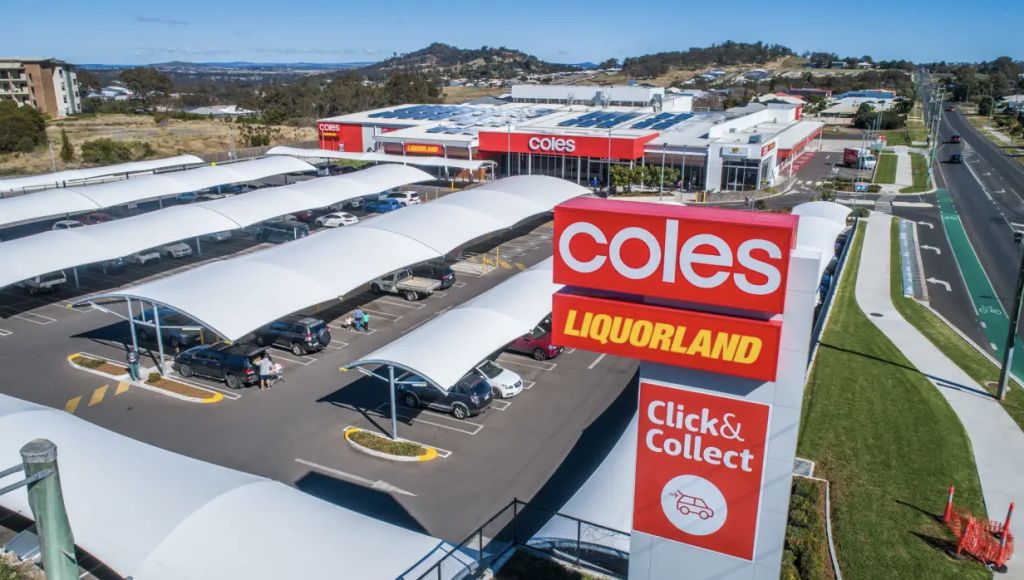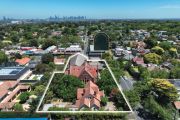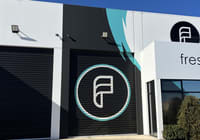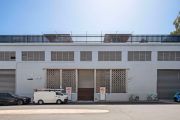
Coles sets Queensland record with $27m Toowoomba supermarket sale
Coles’ development arm has set a Queensland record with the $27.4 million sale of its Toowoomba supermarket and liquor outlet, in the latest evidence that small malls and retail properties are holding their value amid choppy conditions for the sector.
Opened in 2020, the Coles sale to a Victorian private investor establishes a fresh benchmark in price for non-metro supermarket sales in the state. Coles Sippy Downs supermarket sold five years ago for $24 million. Two years ago, a Woolworths outlet in Mount Isa sold for $16.91 million, while Coles Yarrabilba changed hands for $19.05 million in 2019.
Sold by Coles Group Property Developments, the Toowoomba deal was struck on a 5.2 per cent yield.
Colliers’ James Wilson, who brokered the Toowoomba supermarket with colleagues Stewart Gilchrist and Dan Dwan, said there had been more than 200 inquiries from both domestic and international buyers for the retail asset.
“The Coles Toowoomba campaign highlights the strong buyer depth for Queensland supermarket investments which are highly sought due to their defensive characteristics,” he said.
“It was the first sale and lease-back supermarket investment marketed in Queensland since 2021, highlighting the pent-up demand for this asset class.”
The Toowoomba deal highlights the dynamic playing out through the retail property sector. Smaller assets dominated by non-discretionary shopping – neighbourhood and convenience centres along with standalone supermarkets – experience tightening yields while the valuations of larger subregional and regional shopping centres have come under pressure amid uncertain economic conditions and rising interest rates.
Diverging yields
Investment yields for retail assets – which are inversely related to value – have diverged sharply through the second half of 2022 after touching a cyclical low for the sector of 4.92 per cent in the June quarter last year, analysis this month by the PAR Group shows.
For destination centres – the category includes major regional and subregional malls – yields jumped to 7.3 per cent by December. For everyday needs centres – which take in convenience centres, neighbourhood malls and standalone supermarkets – yields have tightened to 4.5 per cent.
Meanwhile, in Melbourne, ASX-listed HomeCo Daily Needs REIT has sold Epping Hub, a large format retail centre in Melbourne’s north, along with an adjoining land parcel for a combined value of $70.25 million.
The retail asset was sold to Forza Capital while the vacant land parcel, which has scope for development, was sold to Jayland, in a deal brokered by JLL’s Stuart Taylor and Tom Noonan. The transaction was struck on a 4.7 per cent yield.
“The Epping property was identified as a strategic landholding, with low site coverage and planning controls that supports more intensive mixed-use development,” Forza Capital’s Ashley Wain said.
“Forza Capital raised $48 million in equity from its client base of high net worth investors and intends to embark on a strategic overhaul of the asset including the construction of additional floor space and improvements to the tenancy mix.”











